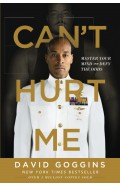Love and Revolution - Faiz Ahmed Faiz
By: Ali Madeeh Hashmi
-
Rs 1,620.00
- Rs 1,800.00
- 10%
You save Rs 180.00.
Due to constant currency fluctuation, prices are subject to change with or without notice.
I tried, while writing this book, to follow the method of Faiz himself—that of locating a person, their life and all of its many facets within their era. To make the person’s life a part of the larger life of their times. This is what I have understood of Karl Marx’s method of ‘historical materialism’, a philosophy and an ideology which guided Faiz throughout his life. It helped that Faiz sahib lived in such ‘interesting times’ as the Chinese curse goes. The First World War, the Great Depression, India’s struggle for independence, the Second World War, the creation of Pakistan (and its later dismemberment into Pakistan and Bangladesh), Faiz lived through them all. He also tried, to the best of his ability, to engage with these world issues and, in the process, became one of its most eloquent spokespersons for a whole generation, especially in the Indo-Pak subcontinent. The cataclysmic events following the fall of the Berlin Wall and the dissolution of his beloved USSR happened a few years after he died, but I suspect he foresaw at least some of what was to come. And unlike what the cheerleaders of Capitol predicted following the destruction of the ‘Red Menace’, the world of the 21st century has only become more polarized, more dangerous and more uncertain.
Governments come and go, so do wars and empires. Emperors, kings and presidents, too, rise and fall with the times but through it all humankind’s desire to rise to greater nobility and perfection persists. And poets, the ‘unacknowledged legislators of the world’ as Shelley said, are our guides and fortune-tellers. They peer into the human heart and see what lies in its depths, they can discern what lies beyond the heavens, and this is why they have always been revered and feared in equal measure. It is essential for a poet to understand and reflect something universal about the human condition if they are to rise above the mundane. And great poetry requires much more. The ability to perceive and sing about the universality of all human life, both throughout history as well as in the context of the cosmos. And if one can wed this depth and breadth of vision to Love (with a capital ‘L’), as Faiz did, one can perhaps begin to touch greatness.
But this is an endless endeavor, as is the human struggle itself. Faiz wrote about this repeatedly. One human being, no matter how talented or hardworking, is in the end just one link in a vast chain stretching back through the mists of time all the way to the origin of Life itself. Ultimately we are all, as Newton remarked, ‘standing on the shoulders of giants’. I am a bit more fortunate than others, perhaps, to be standing on the shoulders of a giant of poetry and literature in the twentieth century and, while I am acutely aware of my own shortcomings both as a writer and as a human being, I am happy that it fell to me to bring the life of Faiz sahib to a wider audience.
I tried, while writing this book, to follow the method of Faiz himself—that of locating a person, their life and all of its many facets within their era. To make the person’s life a part of the larger life of their times. This is what I have understood of Karl Marx’s method of ‘historical materialism’, a philosophy and an ideology which guided Faiz throughout his life. It helped that Faiz sahib lived in such ‘interesting times’ as the Chinese curse goes. The First World War, the Great Depression, India’s struggle for independence, the Second World War, the creation of Pakistan (and its later dismemberment into Pakistan and Bangladesh), Faiz lived through them all. He also tried, to the best of his ability, to engage with these world issues and, in the process, became one of its most eloquent spokespersons for a whole generation, especially in the Indo-Pak subcontinent. The cataclysmic events following the fall of the Berlin Wall and the dissolution of his beloved USSR happened a few years after he died, but I suspect he foresaw at least some of what was to come. And unlike what the cheerleaders of Capitol predicted following the destruction of the ‘Red Menace’, the world of the 21st century has only become more polarized, more dangerous and more uncertain.
Governments come and go, so do wars and empires. Emperors, kings and presidents, too, rise and fall with the times but through it all humankind’s desire to rise to greater nobility and perfection persists. And poets, the ‘unacknowledged legislators of the world’ as Shelley said, are our guides and fortune-tellers. They peer into the human heart and see what lies in its depths, they can discern what lies beyond the heavens, and this is why they have always been revered and feared in equal measure. It is essential for a poet to understand and reflect something universal about the human condition if they are to rise above the mundane. And great poetry requires much more. The ability to perceive and sing about the universality of all human life, both throughout history as well as in the context of the cosmos. And if one can wed this depth and breadth of vision to Love (with a capital ‘L’), as Faiz did, one can perhaps begin to touch greatness.
But this is an endless endeavor, as is the human struggle itself. Faiz wrote about this repeatedly. One human being, no matter how talented or hardworking, is in the end just one link in a vast chain stretching back through the mists of time all the way to the origin of Life itself. Ultimately we are all, as Newton remarked, ‘standing on the shoulders of giants’. I am a bit more fortunate than others, perhaps, to be standing on the shoulders of a giant of poetry and literature in the twentieth century and, while I am acutely aware of my own shortcomings both as a writer and as a human being, I am happy that it fell to me to bring the life of Faiz sahib to a wider audience.
Love and Revolution - Faiz Ahmed Faiz
By: Ali Madeeh Hashmi
Rs 1,620.00 Rs 1,800.00 Ex Tax :Rs 1,620.00
Zubin Mehta: A Musical Journey (An Authorized Biography)
By: VOID - Bakhtiar K. Dadabhoy
Rs 892.50 Rs 1,050.00 Ex Tax :Rs 892.50
Pakistan Origins, Identity and Future
By: Pervez Hoodbhoy
Rs 2,245.50 Rs 2,495.00 Ex Tax :Rs 2,245.50
Manning Up: How the Rise of Women Has Turned Men into Boys
By: Kay Hymowitz
Rs 845.75 Rs 995.00 Ex Tax :Rs 845.75
The Perfect Gentleman: A Muslim Boy Meets the West - [HB]
By: Imran Ahmad
Rs 1,447.50 Rs 2,895.00 Ex Tax :Rs 1,447.50
Pakistan Origins, Identity and Future
By: Pervez Hoodbhoy
Rs 2,245.50 Rs 2,495.00 Ex Tax :Rs 2,245.50
The Ambassadors: Thinking about Diplomacy from Machiavelli to Modern Times
By: Robert Cooper
Rs 2,970.75 Rs 3,495.00 Ex Tax :Rs 2,970.75
Art Violence & the State In The Killing Fields Of Karachi
By: Adeela Suleman
Rs 9,000.00 Rs 10,000.00 Ex Tax :Rs 9,000.00
We Do What We Do in the Dark - 'A Haunting Study of Solitude and Connection' Meg Wolitzer
By: Michelle Hart
Rs 1,780.75 Rs 2,095.00 Ex Tax :Rs 1,780.75
The Fifth Discipline Art And Practice Of The Learning Organiz
By: Peter M. Senge
Rs 4,330.75 Rs 5,095.00 Ex Tax :Rs 4,330.75
The M-Factor: How the Millennial Generation Is Rocking the Workplace - (HB)
By: Lynne C. Lancaste
Rs 1,147.50 Rs 2,295.00 Ex Tax :Rs 1,147.50
Can't Hurt Me - Master Your Mind and Defy the Odds
By: David Goggins
Rs 11,695.50 Rs 12,995.00 Ex Tax :Rs 11,695.50
Zubin Mehta: A Musical Journey (An Authorized Biography)
By: VOID - Bakhtiar K. Dadabhoy
Rs 892.50 Rs 1,050.00 Ex Tax :Rs 892.50
Love and Revolution - Faiz Ahmed Faiz
By: Ali Madeeh Hashmi
Rs 1,620.00 Rs 1,800.00 Ex Tax :Rs 1,620.00
Pakistan Origins, Identity and Future
By: Pervez Hoodbhoy
Rs 2,245.50 Rs 2,495.00 Ex Tax :Rs 2,245.50












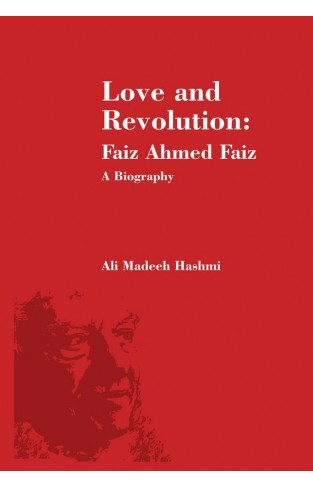
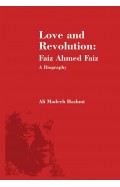
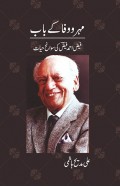
-120x187.jpg?q6)





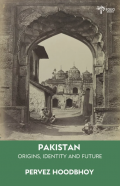
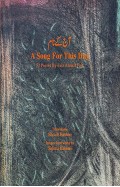

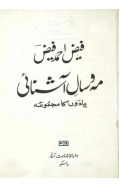
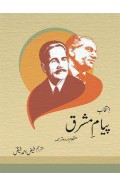
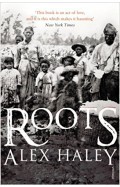



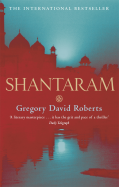
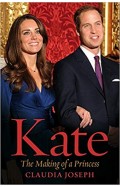
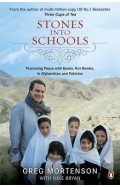
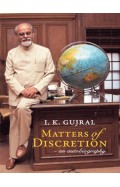
![The Perfect Gentleman: A Muslim Boy Meets the West - [HB]](https://www.libertybooks.com/image/cache/catalog/the-perfect-gentleman-a-muslim-boy-meets-the-west-[hb]-9781455508495-120x187.jpg?q6)

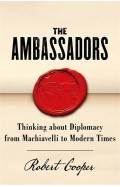
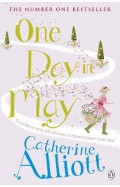
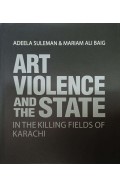
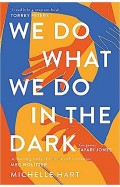
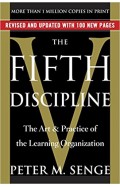
-120x187.jpg?q6)

